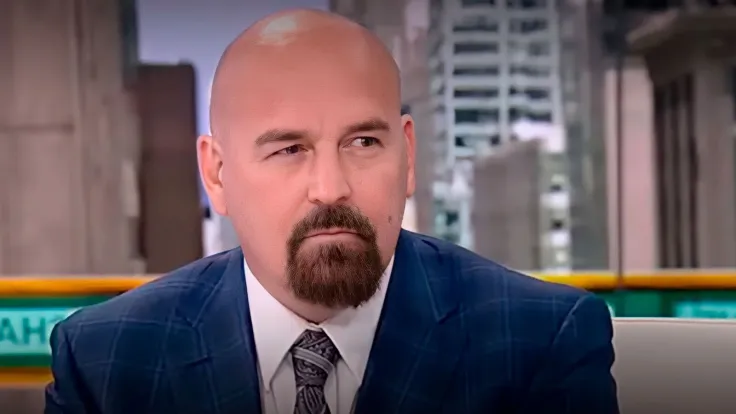
John Deaton, founder of the law firm CryptoLaw and a well-known XRP enthusiast, went on an angry tirade against the U.S. Securities and Exchange Commission. The anger came in response to recent news reports that the SEC is investigating major crypto exchange Coinbase for trading unregistered securities, a term that regulators have begun using to refer specifically to cryptocurrencies.
CryptoLaw's founder was particularly unhappy about the fact that even though Coinbase was allowed to IPO four years ago with having XRP and other "now under investigation" tokens, the SEC still opened a case. In fact, Coinbase delisted XRP after the investigation began against it in December 2020, and regulators have noted the exchange's approach to handling securities legally.
Whatever you think of @brian_armstrong or @coinbase, this IS NOT how regulation should work. Coinbase was allowed to go public w/tokens like #XRP and others. 4yrs ago SEC senior staff complimented Coinbase on its securities framework. Now, @GaryGensler ignores history.#Shameful https://t.co/gfMQKYyQIr?from=article-links
— John E Deaton (208K Followers Beware Imposters) (@JohnEDeaton1) July 26, 2022
In Deaton's opinion, regardless of the attitude toward Coinbase and its CEO Brian Armstrong, this is not how regulation works, and the SEC's actions, which began back with the XRP case, have put the crypto community at war with the regulator.
Coinbase case
Today's news about the SEC investigation against Coinbase followed up on last week's story when a former employee of the exchange was arrested on suspicion of insider trading. In turn, the exchange also filed a lawsuit against the suspect but denied its involvement in trading unregistered securities, pointing out to the regulator the fact that the legislation is outdated and emphasizing the need for clarity in the regulation of cryptocurrencies themselves.
The exchange also rebuked the SEC for using repressive measures instead of establishing a dialogue. This attitude was also cited by Ripple CEO Brad Garlinghouse, who accused the SEC of using a coercive approach instead of working on clear regulation for the industry.
 Godfrey Benjamin
Godfrey Benjamin Dan Burgin
Dan Burgin Arman Shirinyan
Arman Shirinyan Alex Dovbnya
Alex Dovbnya